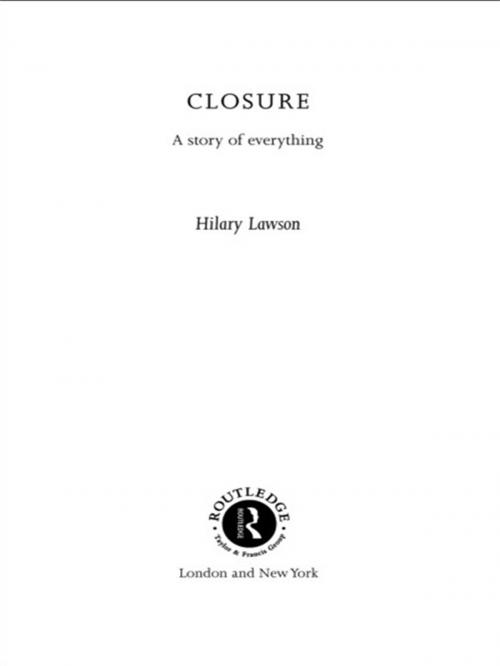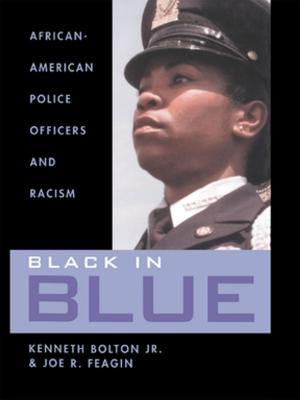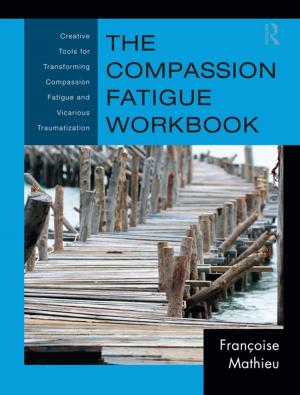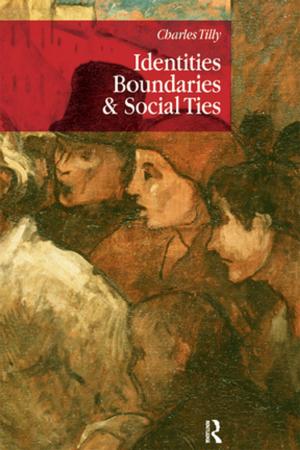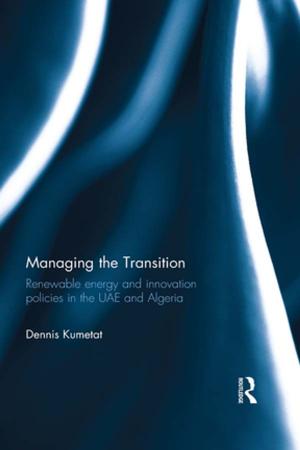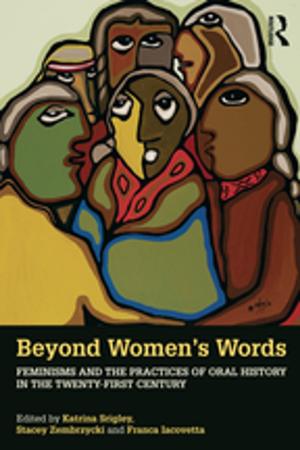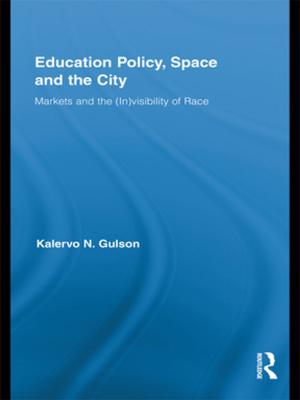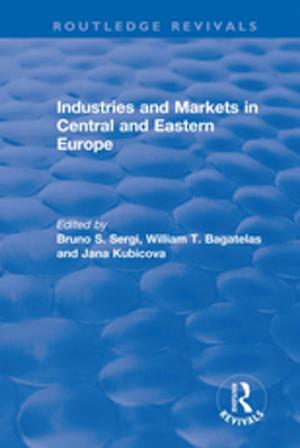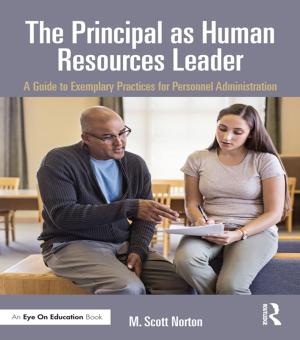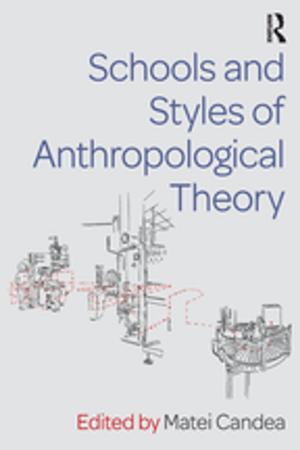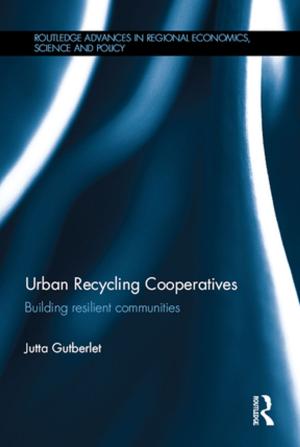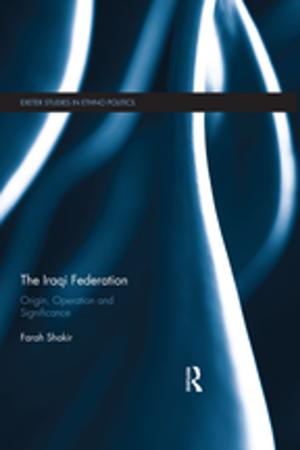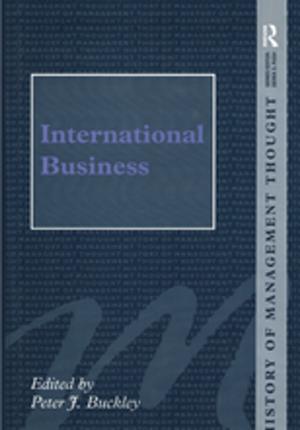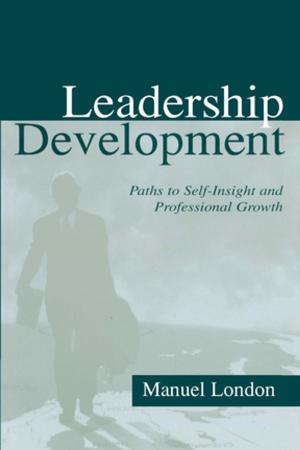Closure
A Story of Everything
Nonfiction, Science & Nature, Science, Other Sciences, Philosophy & Social Aspects, Religion & Spirituality, Philosophy| Author: | Hilary Lawson | ISBN: | 9781134982622 |
| Publisher: | Taylor and Francis | Publication: | July 5, 2005 |
| Imprint: | Routledge | Language: | English |
| Author: | Hilary Lawson |
| ISBN: | 9781134982622 |
| Publisher: | Taylor and Francis |
| Publication: | July 5, 2005 |
| Imprint: | Routledge |
| Language: | English |
For over 2000 years our culture has believed in the possibility of a single true account of the world. Now this age is coming to a close. As a result there is a deep unease. We are lost both as individuals, and as a culture. In the new relativistic, post-modern era, we have no history, no right or moral action, and no body of knowledge. In their place is a plethora of alternative, and sometimes incompatible theories from 'fuzzy logic' to 'consilience' proposing a theory of everything. Closure is a response to this crisis. It is a radically new story about the nature of ourselves and of the world.
Closure exposes the central questions of contemporary philosophy: language and meaning, of the individual and identity, of truth and reality, but it is also philosophical in the broader everyday sense that it enables us to make sense of where and who we are. A central principle, the process of closure, is shown to be at the heart of experience and language. As a theory of knowledge it has dramatic consequences for our understanding of the sciences, involving a reinterpretation of what science does and how it is able to do it. It similarly proposes a profound shift in the role of art and religion. But, above all, it reshapes our understanding of ourselves and the organisation of society, our goals and our capacity to achieve them.
A superb new account of how order is created out of disorder, Closure is an exhilarating work of conceptual geography.
For over 2000 years our culture has believed in the possibility of a single true account of the world. Now this age is coming to a close. As a result there is a deep unease. We are lost both as individuals, and as a culture. In the new relativistic, post-modern era, we have no history, no right or moral action, and no body of knowledge. In their place is a plethora of alternative, and sometimes incompatible theories from 'fuzzy logic' to 'consilience' proposing a theory of everything. Closure is a response to this crisis. It is a radically new story about the nature of ourselves and of the world.
Closure exposes the central questions of contemporary philosophy: language and meaning, of the individual and identity, of truth and reality, but it is also philosophical in the broader everyday sense that it enables us to make sense of where and who we are. A central principle, the process of closure, is shown to be at the heart of experience and language. As a theory of knowledge it has dramatic consequences for our understanding of the sciences, involving a reinterpretation of what science does and how it is able to do it. It similarly proposes a profound shift in the role of art and religion. But, above all, it reshapes our understanding of ourselves and the organisation of society, our goals and our capacity to achieve them.
A superb new account of how order is created out of disorder, Closure is an exhilarating work of conceptual geography.
